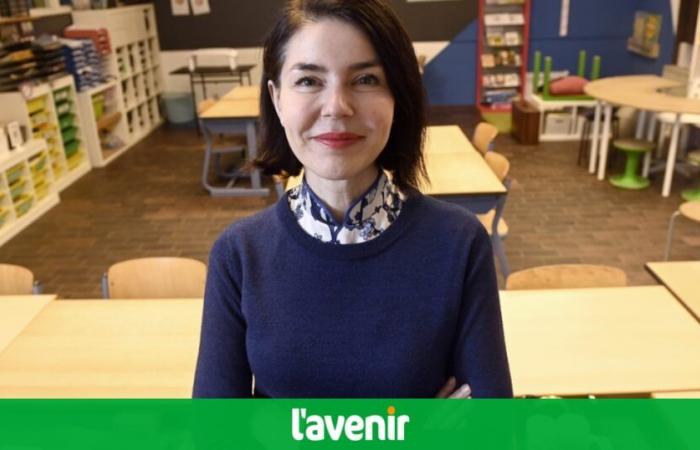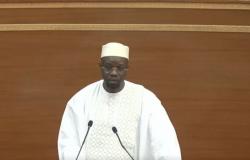Georges-Louis Bouchez confirms the objective
In reality, the idea of forcing students to take Dutch (or German) lessons has been on the political agenda for several years. Even if no text was passed during the previous legislature, the former Minister of Education, Caroline Désir (PS), had publicly announced a political agreement to make these courses compulsory from the third primary, from the 2027-2028 academic year. However, behind the scenes, there were rumors that the project, which also appears in the new declaration of community policy, would be postponed. Surprise this Thursday: the president of the MR, Georges-Louis Bouchez, denied it at the microphone of Christophe Deborsu on Bel RTL the hypothesis according to which this project would be abandoned.
“Dutch will be compulsory in 2027 in the Wallonia-Brussels Federation”: Georges-Louis Bouchez goes against the Minister of Education
“There is a real constraint in finding teachers, but the objective is very clear: Dutch will be compulsory in 2027 in the Wallonia-Brussels Federationhe said. The objective does not change.”
Contacted by us, the new Minister of Education, Valérie Glatigny (MR), supports the words of her party president and affirms that this project still appears on her “to-do list”: “Our intention is to make learning a second national language compulsory in 2027, she explains. This can be Dutch, but also German in areas bordering the German-speaking community. But we have to question the feasibility.”
A surmountable obstacle?
The obstacle for the government? The difficulties encountered by management in finding teachers. “We are experiencing, as in Flanders, a shortage of teachers, particularly in languages, recalls Valérie Glatigny. In addition, we will experience a particular situation in 2026-2027, because new primary and lower secondary teachers will not be qualified at the start of the school year, following the increase in the duration of their training from three to four years. This will therefore lead, from time to time, to a worsening of the shortage.“
Editorial | Dutch at school: from an announcement on a train to a real linguistic revolution?
Note also that the different school rhythms do not help to attract Flemish teachers to the Wallonia-Brussels Federation. Will the introduction of this obligation be spread over time? The minister does not come forward. “An analysis will be carried out at the government level of the Wallonia-Brussels Federation, in consultation with all school stakeholders.continues Valérie Glatigny. We will see, calmly, how we proceed.”
Faced with the shortage of teachers, Valérie Glatigny says she will not sit idly by. “Working on this shortage is our team’s #1 priority. We have talked a lot about savings, but I would like to remind you that 15 million euros have been released in the 2025 budget for new policies, including a budget planned to better promote the seniority of people who, coming from the private sector, would join the education. We have also budgeted to expand the replacement pools. I consider language learning to be fundamental. But we will only be credible if we have a teacher in each class.”
Catholic teaching favorable, but cautious
On the side of Catholic education, whose schools bring together 435,000 students, we are not opposed to the minister’s idea. “We are in favor of the first foreign language taught being a national languageexplains Arnaud Michel, director of communications for the General Secretariat of Catholic Education (SeGEC). However, we have fears about the recruitment of teachers. At the start of the 2023-2024 school year, with the obligation to introduce a first modern language course from primary 3, we had to find 373 teachers. In hindsight, we can estimate that it went well, even if we are still in a transitional period, during which children are redirected towards personalized support when teachers cannot be found. But to the problems of recruiting language teachers, we must also add the absence of graduates in 2026 following the extension of training for lower secondary teachers. A situation that we do not fully control and whose impacts are still difficult to measure.”






